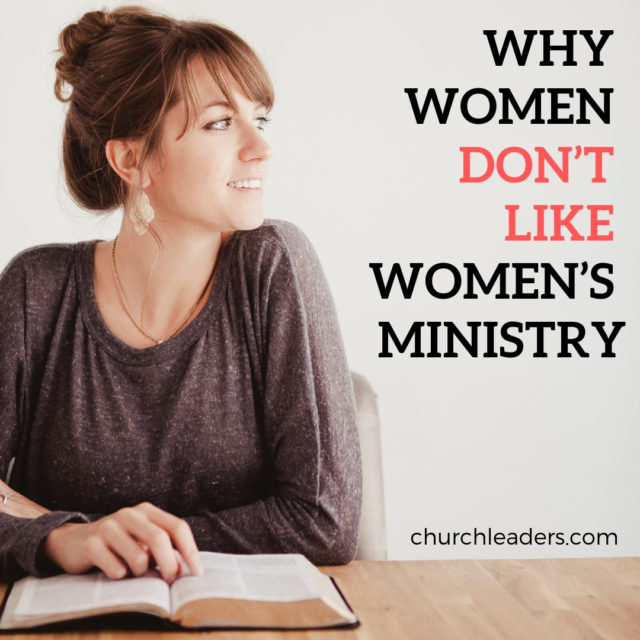We know that some women love women’s ministry, but there are others who’ll never attend. Why is that? Have you ever stood knee-deep in a bad situation, yet believed good could prevail? Have you ever seen a company losing customers, yet saw the intrinsic value the company possessed in the community? Have you ever seen an ugly duckling you believed would morph into a swan? I have. Maybe it’s my optimistic nature or my naivety or my unwavering hope in humanity, but I could look at a situation and see the value, potential and redeeming qualities when people are proverbially adding fuel to the burning building. Lately I’ve been involved with several conversations regarding the future of the church and the women’s ministry challenges.
RELATED: The Future of the Church
Women’s Ministry Challenges
I’ve read the blogs and heard the gripes from both men and women, but I can’t help but see the future. A future filled with passionate, smart, educated women helping advance the Gospel through more than just Bunko nights, tea parties and Creative Memories scrapping gatherings.
This comes on the heels of a conversation I had with my dear friend Lindsey after she attended a women’s ministry event with me. We’ve had numerous conversations about this topic, so her view isn’t new. She posted a comment on Twitter and garnished a number of legitimate responses.
Though pink table cloths and flower centerpieces still exist in older paradigm models of women’s ministry, does that take away from the power of this demographic within the church?
If statistics are correct, the American Evangelical church is comprised of 61 percent females who are more likely to serve in ministry and more likely to tithe when compared to their male counterparts. So why all the hate? What are the women’s ministry challenges? Because something is missing.
The model for women’s ministry is very much based off the social circle founded in the conservative south. The growth of traditional women’s ministry advanced circa 1950 when young women were getting married and starting families before the age of 23.


